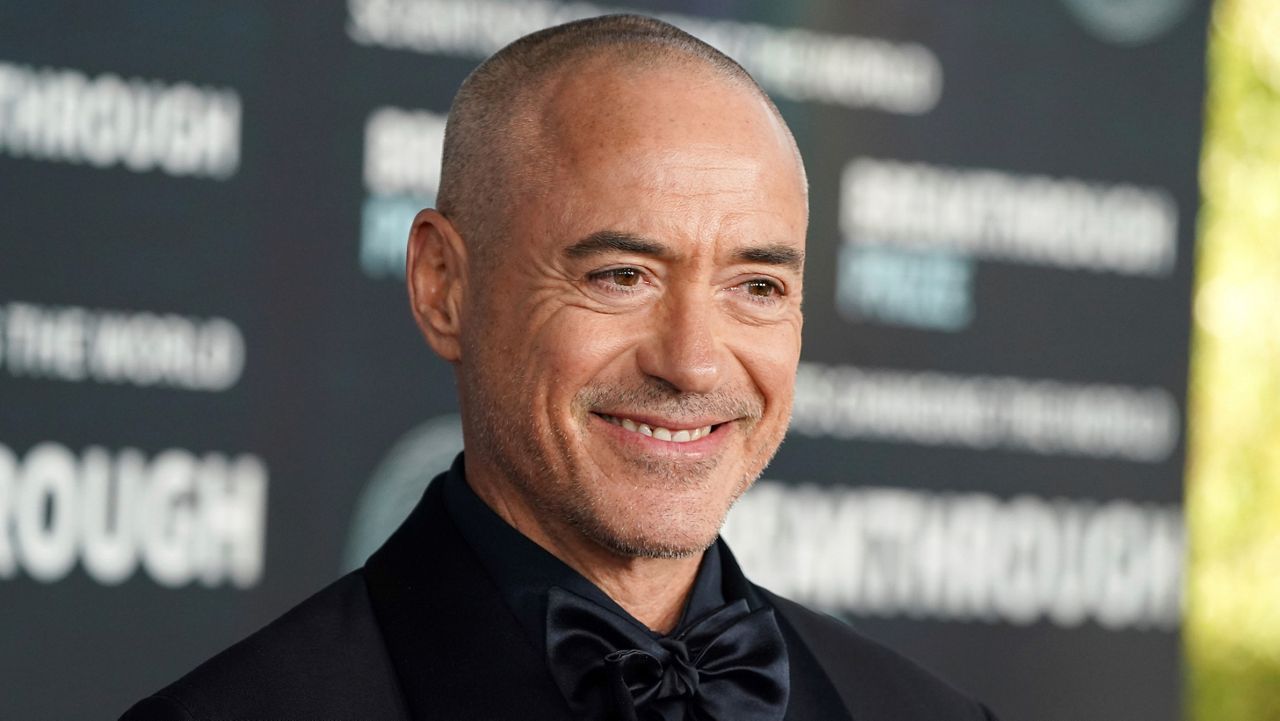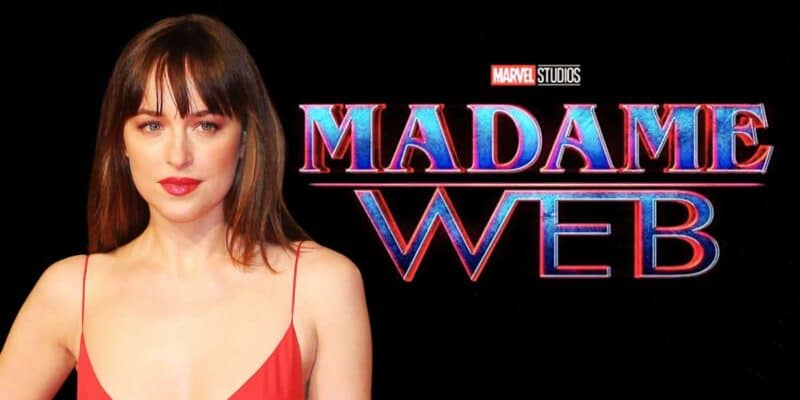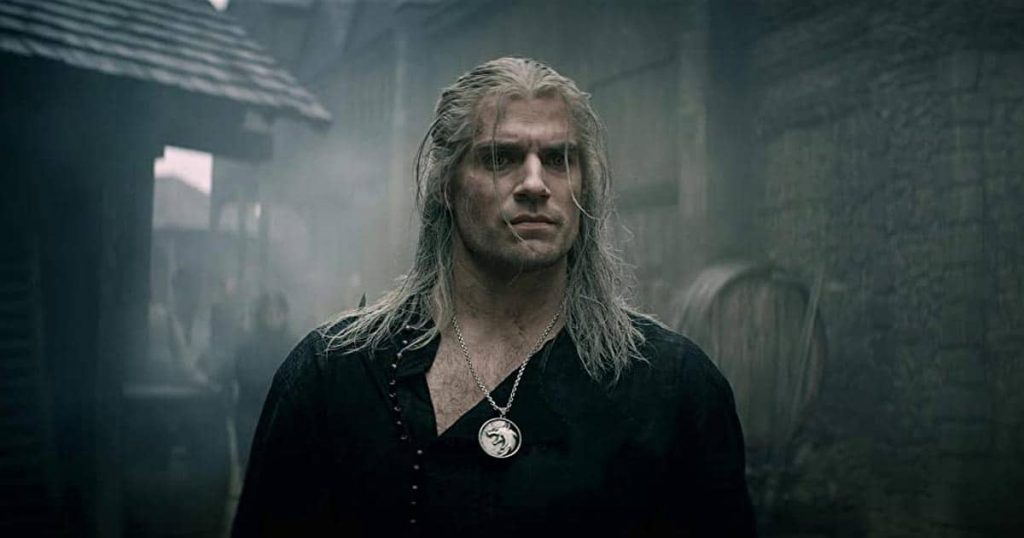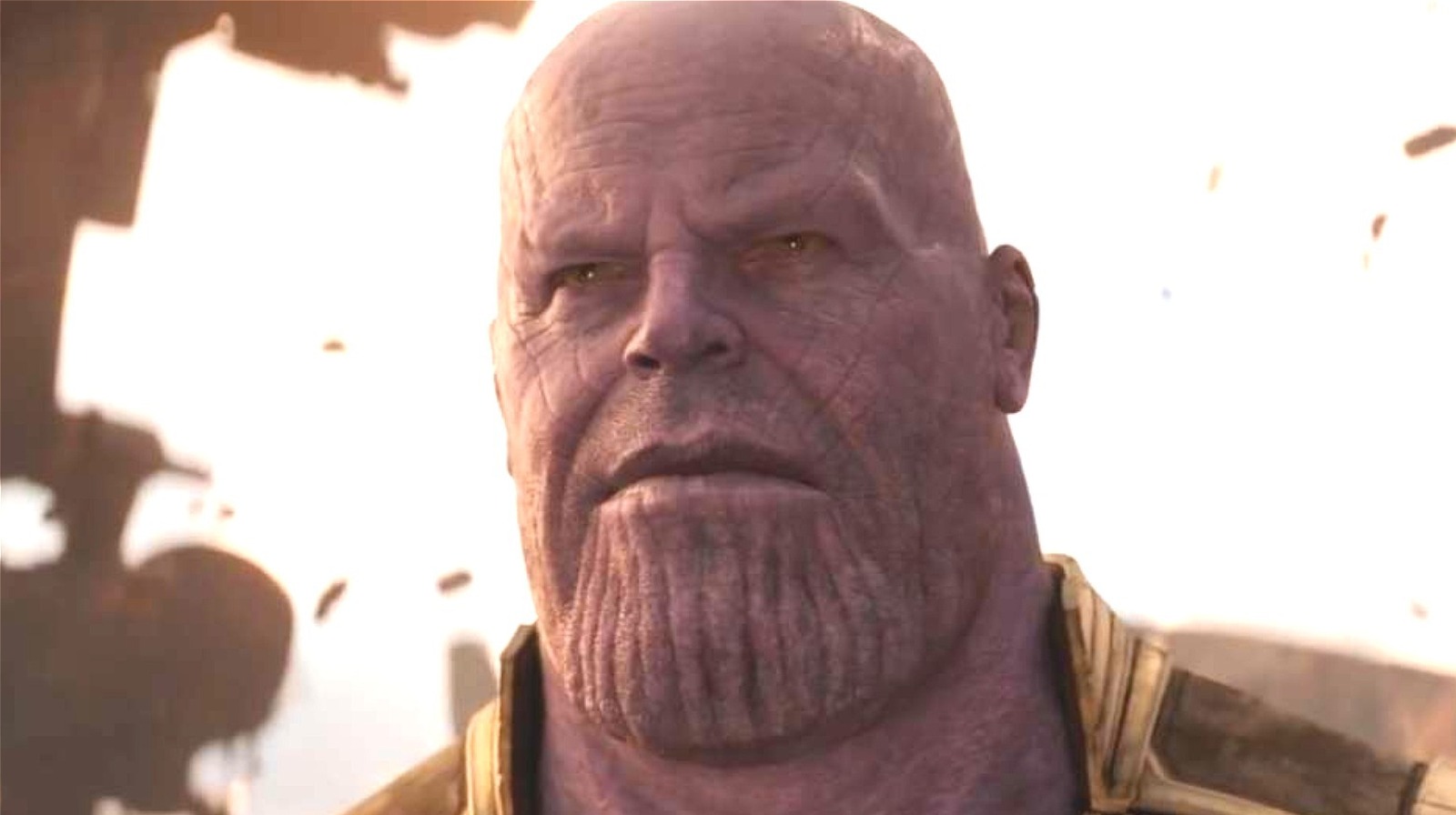For years now, analysts have been proclaiming the demise of movie stardom. From Jennifer Aniston to The New York Times, it appears unanimous that we no longer produce them as we once did.
When referencing “movie stars,” they specifically denote those rare individuals blessed with such captivating on-screen allure and charm that they are utterly captivating. These are individuals who could draw crowds to theaters simply with their name on a poster, above the movie title, of course. In the past, when audiences watched films led by Julia Roberts, George Clooney, Tom Cruise, Cary Grant, Paul Newman, or Katharine Hepburn, the character they portrayed was inconsequential because their inherent brilliance was a given. Or so it seemed.
Analysts argue that the current stars are aging, and the dominance of comic book movies in today’s culture isn’t cultivating new ones to fill the void. Robert Downey Jr.’s recent Oscar-nominated portrayal in “Oppenheimer” — his third nomination following “Chaplin” and “Tropic Thunder” — serves as a compelling example. It underscores that the issue lies not in actors’ inability to handle stardom but rather in the absence of roles that effectively showcase their charisma.
Downey represents a unique case that underscores this point. He teetered on the brink of true stardom in the 1990s, with a stint on Saturday Night Live and a string of moderate successes like “Soapdish” and “Air America,” along with an Oscar nod for “Chaplin.” However, Downey’s career took a downturn in the early 2000s, with fewer film appearances and even fewer box office hits. It wasn’t until “Iron Man” in 2008 and his recurring role as Tony Stark in the Marvel Cinematic Universe that RDJ’s career soared to new heights. He stands as the only one who received such a massive fame boost from the Marvel franchise. Achieving this required nearly two decades of public recognition and exceptional acting.
After a decade in the Marvel Cinematic Universe, where the machine became adept at generating profits without relying on established star power, RDJ found himself largely sidelined in the film industry until “Oppenheimer.”
In Christopher Nolan’s monumental portrayal of the man behind the atomic bomb, Downey delivers a career-defining performance. As U.S. Atomic Energy Commission Chairman Lewis Strauss, he sheds his usual sarcasm and vanity to embody an ambitious, conniving coward. Downey masterfully conveys Strauss’ inflated pettiness in every gesture and word, maintaining subtlety without veering into exaggerated theatrics. In a sprawling narrative, Downey’s performance serves as an invisible tether, anchoring the movie’s competing timelines. His portrayal resonates throughout the film, enhancing its depth without overshadowing other elements. It exemplifies true movie-star quality and underscores Downey’s remarkable screen presence and talent, revealing facets unseen in his cocky Marvel persona.
However, none of this would be possible without exceptional material to work with. The same holds true for other actors who joined the Marvel Cinematic Universe during their ascent. In 2023, Mark Ruffalo showcased his versatility in “Poor Things” as a despicable, thoroughly outmaneuvered antagonist. Scarlett Johansson has also enjoyed notable roles post-Black Widow.
Younger MCU stars have yet to seize career-defining opportunities. Tom Holland, for instance, has struggled to replicate MCU success outside the franchise, appearing in lackluster films like the Russo brothers’ “Cherry.” Even Chris Evans, despite shining in “Knives Out,” has faced challenges in establishing himself beyond his superhero persona. These actors are just a few examples of those unable to break free from Marvel’s orbit to achieve stardom on their terms.
The scarcity of movie-star caliber roles doesn’t diminish the likability or talent of MCU actors. Rather, it underscores the importance of roles that allow them to shine. Becoming a movie star necessitates substantial lead roles that afford actors space to infuse their characters with personality, charisma, and depth. Authentic movie stars inject a part of themselves into their roles, enriching the film regardless of character constraints.
However, franchises like Marvel dominate the box office, leaving little room for performances to flourish beyond superficial charm. Few films offer the expansive canvas needed for true movie-star charisma to thrive, with exceptions like Adam Driver’s complex portrayal of Kylo Ren in the Star Wars saga.
Nevertheless, there are glimmers of hope. Films like “Lady Bird,” “Midsommar,” and “Silver Linings Playbook,” along with franchises like “Creed,” provide actors ample space to define their roles. These movies have introduced new A-list stars, such as Florence Pugh, Timothée Chalamet, and potentially Glen Powell.
The era of comic book movies and franchise dominance will eventually wane. As Marvel’s box office performance declines and smaller-scale prestige films exceed expectations, Hollywood may recalibrate its priorities. While the issue may stem from material rather than talent, Hollywood has struggled to produce new stars with the efficiency seen in previous decades. This deficit has left a void that diminishes the moviegoing experience. Movie stars are essential in genres like adult dramas and rom-coms, breathing life into narratives that explore smaller-scale stakes.
Stars cultivate cinematic relationships with their audiences, with each new role adding depth to their careers and public personas. Even if Hollywood fails to recognize their significance, Robert Downey Jr.’s latest Academy Award nomination is a well-deserved acknowledgment of his talent beyond the Marvel universe.





